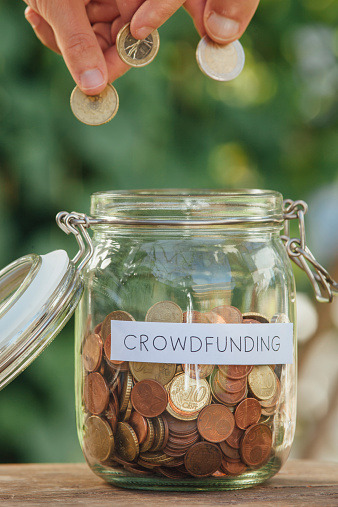
Slavery may have been abolished in the western world for nearly 200 years, but there are still approximately 27 millions slaves being exploited worldwide. What this means for the average business is that they are likely to source some of their materials from problematic suppliers, and what it means for consumers is that, despite their best intentions, they are likely to own items made from materials produced in forced labor enviroments. In an effort to tackle this unwelcome reality, San Fransisco-based enterprise Made in a Free World has developed FRDM — Forced layout Risk Determination and Mitigation — a software product that enables businesses to research complex business-to-business commerce and identify problem areas in the global supply chain of their industry.
The digital tool can be used by any business in collaboration with Made in a Free World. Users input details of their business — entering in a list of products that they make and/or sell — and Made in a Free World help them to determine the codes of each of their direct and indirect suppliers. Each code opens up additional data with risk assessment information which is displayed on a private dashboard. The user can then delve into problem areas and receive recommendations for how to deal with high risk suppliers — this may involve inviting direct suppliers to use the tool themselves, or confronting a problematic source about their practices.

Made in a Free World believe that to truly disrupt slavery, everyone will need to work together — meaning businesses need to become more thorough with their questioning of suppliers and customers need to put pressure on them to do so. A sister project — Slavery Footprint — helps consumers to get involved by encouraging them to find out their own slavery footprint. Customers can take a survey which questions them about their consumption of food, electronics and beauty products, among other areas. An algorithm produces a number based on their input which represents the number of slaves who ‘work for them’. They can then earn ‘Free World points’ to counteract their negative score by spreading the word about the initiative and influencing brands to stop using materials which come from slavery or child labor. They can do this by sending ‘notes’ to guilty brands, or by donating to the movement. In this way, the program is instigating strategic downward pressure from the customer, to the brands, to the producers who mistreat their workforce.
Consumers are more likely than ever to demand sustainable and ethical work practices from supposedly reputable brands. We have already seen aVoid — a browser plugin which hides products associated with child labor — and the work of Made in a Free World makes it easier than ever for businesses to take action and make a difference. How else can businesses be encouraged to insist on fair practices?
Website: www.madeinafreeworld.com
Contact: info@madeinafreeworld.com





